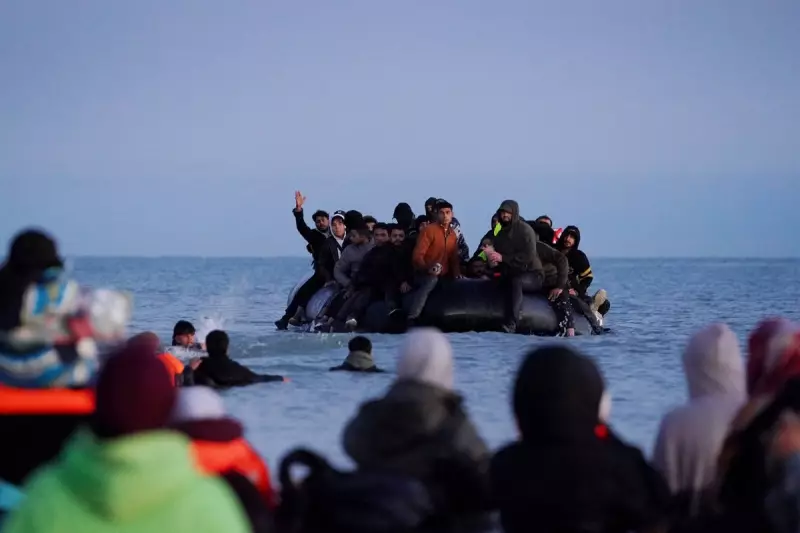
Security crackdowns at the Channel Tunnel have triggered a dramatic shift in migrant crossing patterns, forcing desperate individuals toward perilous small boat journeys across the world's busiest shipping lane.
The Security Paradox
While enhanced fencing, surveillance technology, and increased patrols have made the Tunnel increasingly impenetrable, these very successes have created an unintended consequence: migrants are now embracing the even more dangerous route across open water.
Official figures reveal a startling 42% increase in small boat attempts this year alone, with thousands risking their lives in flimsy inflatable vessels never designed for the treacherous conditions of the English Channel.
French Coast: The New Front Line
French authorities along the northern coastline report unprecedented numbers of migrants gathering in makeshift camps, with people smugglers operating with increasing brazenness. The going rate for a place on an overcrowded dinghy has plummeted as competition among trafficking gangs intensifies.
'We're seeing a perfect storm of factors,' explained one border security expert. 'Tighter Tunnel security, favourable weather windows, and sophisticated smuggling operations have created this surge in maritime attempts.'
Government Response Under Scrutiny
The Home Office maintains its commitment to 'breaking the business model' of people smugglers, pointing to recent legislative changes and increased cooperation with French counterparts. However, critics argue the current approach is merely diverting rather than solving the problem.
Human rights organisations have raised urgent concerns about the mounting dangers, with several tragic drownings already recorded this year. 'These are not calculated risks but acts of desperation,' stated one aid worker operating in Calais.
As the political debate intensifies in Westminster, the human cost continues to rise daily on both sides of the Channel, presenting one of the most complex security and humanitarian challenges facing modern Britain.





